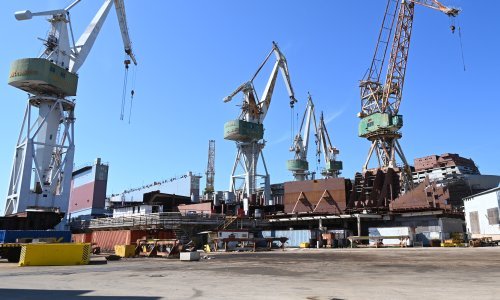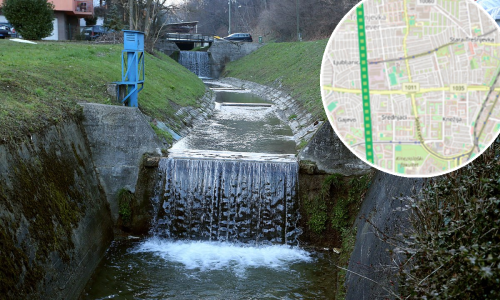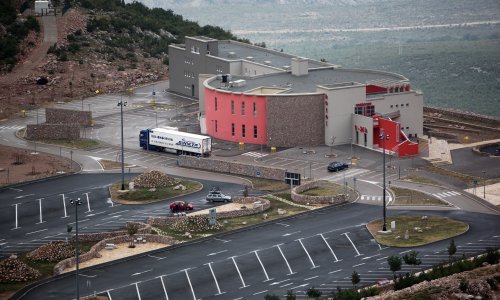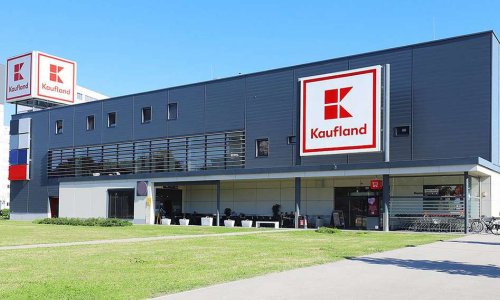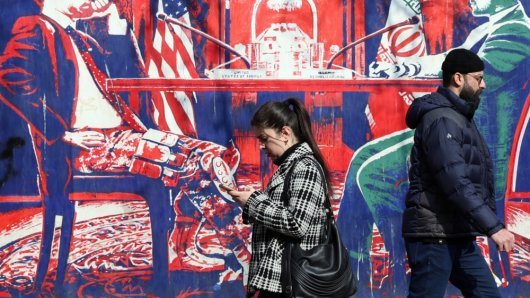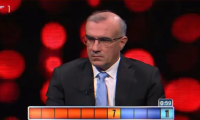Finance Minister Slavko Linic said on Saturday the downgrade of Croatia's credit rating would not make loans significantly more expensive at this moment but would negatively impact investments.
We will not feel very significantly the rating downgrade on the price of capital this year because there is enough capital on the world market, but investments will be more expensive for any investor coming to a country with a speculative rating, Linic told Croatian Radio in an interview.
The Moody's agency yesterday downgraded Croatia's rating to the speculative level, citing weak growth prospects and a lack of fiscal flexibility.
That's an assessment of the Croatian economy and state which, in Moody's opinion, don't have the strength for the necessary changes, Linic said.
Croatia will have a tough time generating growth because it is only used to spending, building roads, motorways, flats and facilities, having neglected industry and production. There's too much disorder and too many employees in state companies, the money goes into spending and not into production and investment, he added.
The rating downgrade is primarily dangerous because of a possible lack of investment in industry, in sectors which employ people. The government is currently focused on investing in hotels, the energy sector and railways, while investments in petrochemical companies or steel works will probably be problematic because the question is who will be interested in investing in businesses with low profitability, said the minister.
The government should, therefore, try to improve Croatia's position in the World Bank's Doing Business rankings. We must significantly reduce obstacles to investment, show that the state administration can be far more efficient, and the government should also directly monitor big investment projects, said Linic.
The budget will be revised because of the rating downgrade but salaries won't be slashed. Cuts will be made in some agencies, low profitability projects and additional material expenses. This means we will live very modestly, spending will be limited, and some agencies will lose part of their revenues, he added.
The purpose of some state agencies was to reduce their dependence on the state budget and generate part of their profits outside the budget. But it's absurd that some agencies have deposits on which they receive very little money, while at the same time the state treasury borrows with an interest of over six per cent with foreign exchange clauses on the international market. That's why the state treasury will put under control this year all agencies and institutions that have been outside the treasury, said Linic.
He said the public debt would continue to grow, although Croatia is already too much in debt.
Although we increased the budgetary deficit to service the shipyards's debts and transferred part of the debt of the railway and motorway operators into the public debt, the debt in the health sector remains huge, said Linic.
The public debt currently amounts to HRK 186 billion and we will have to raise it to over 56 per cent of GDP, which is a consequence of irresponsible behaviour at the time when Croatia was not yet in a crisis, he added.
The minister said he was pleased with the pre-bankruptcy settlement proceedings under way in 340 big companies.







